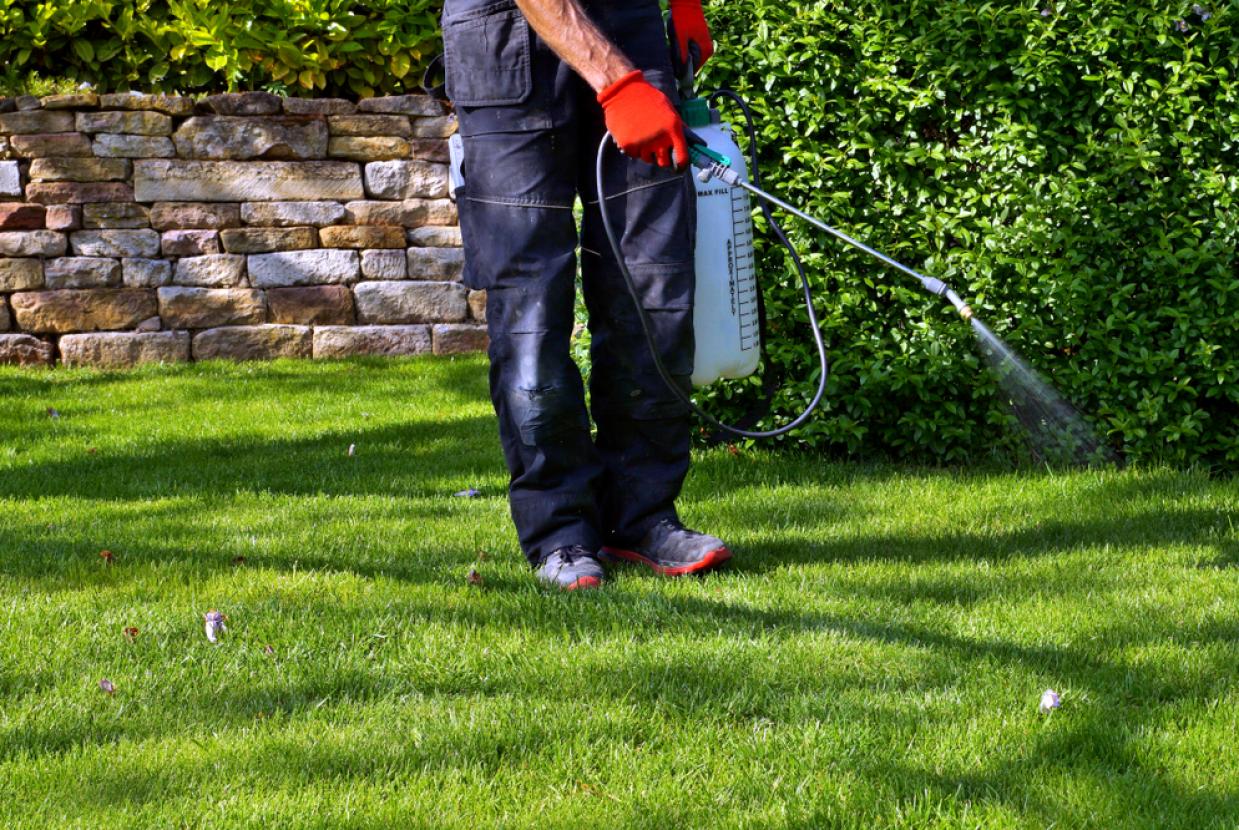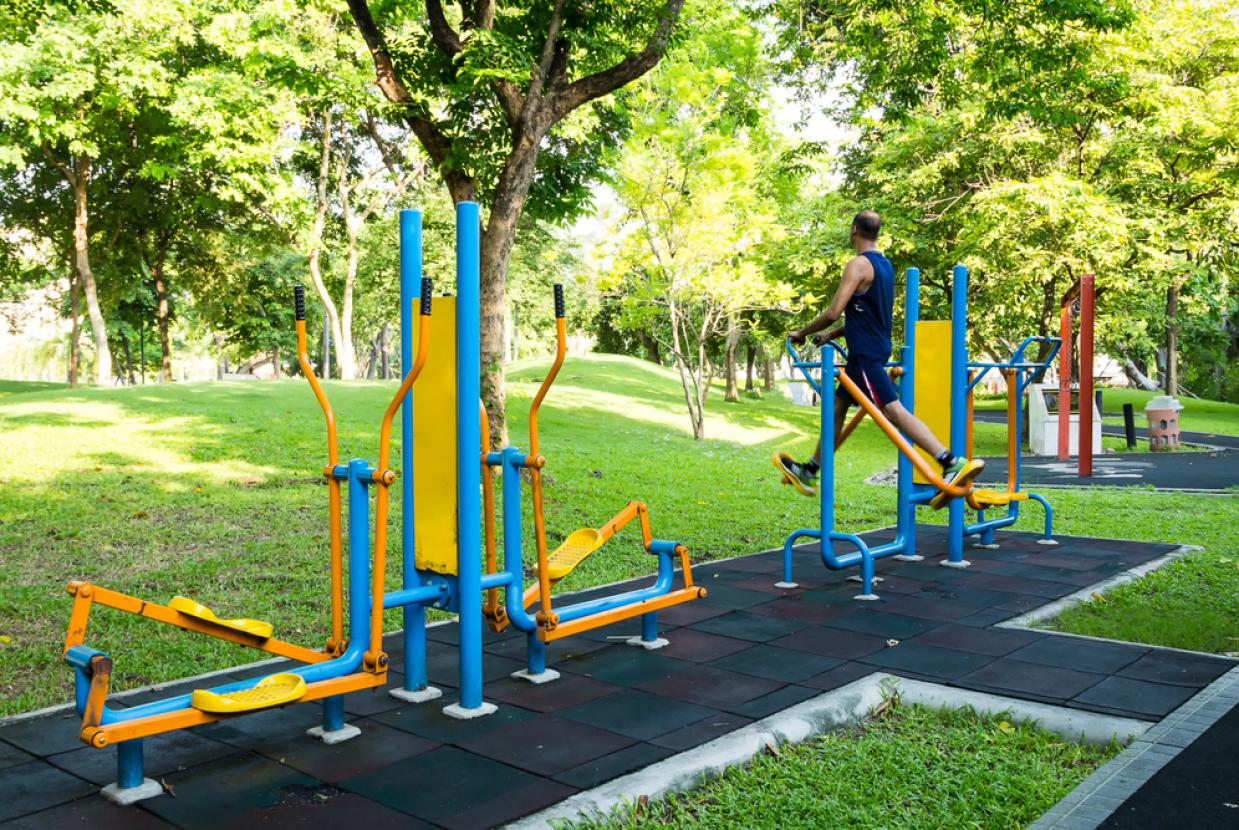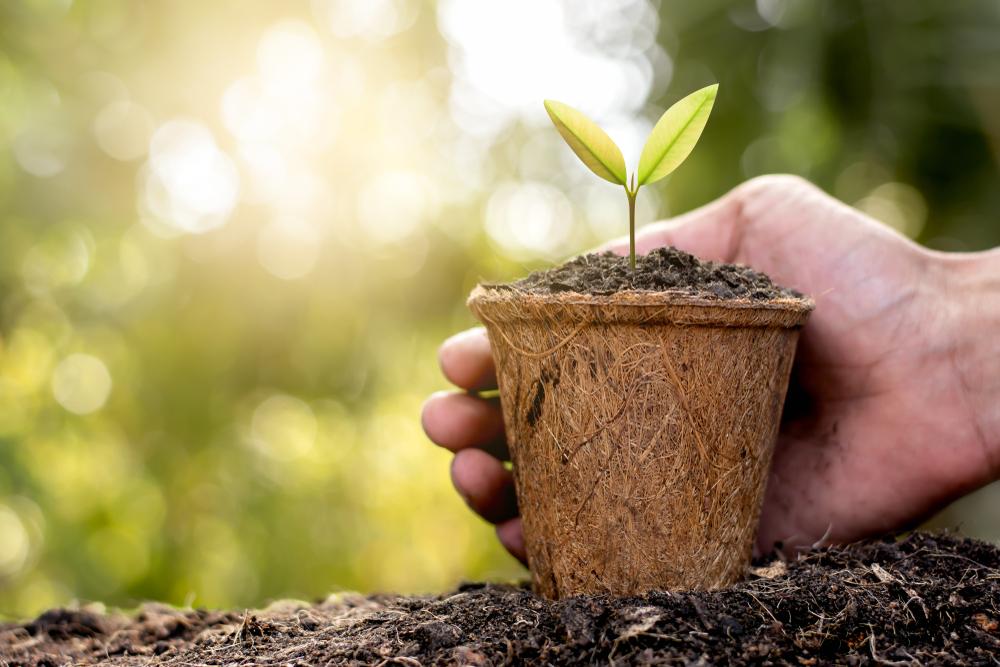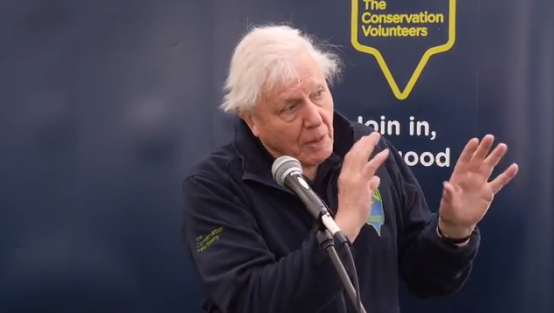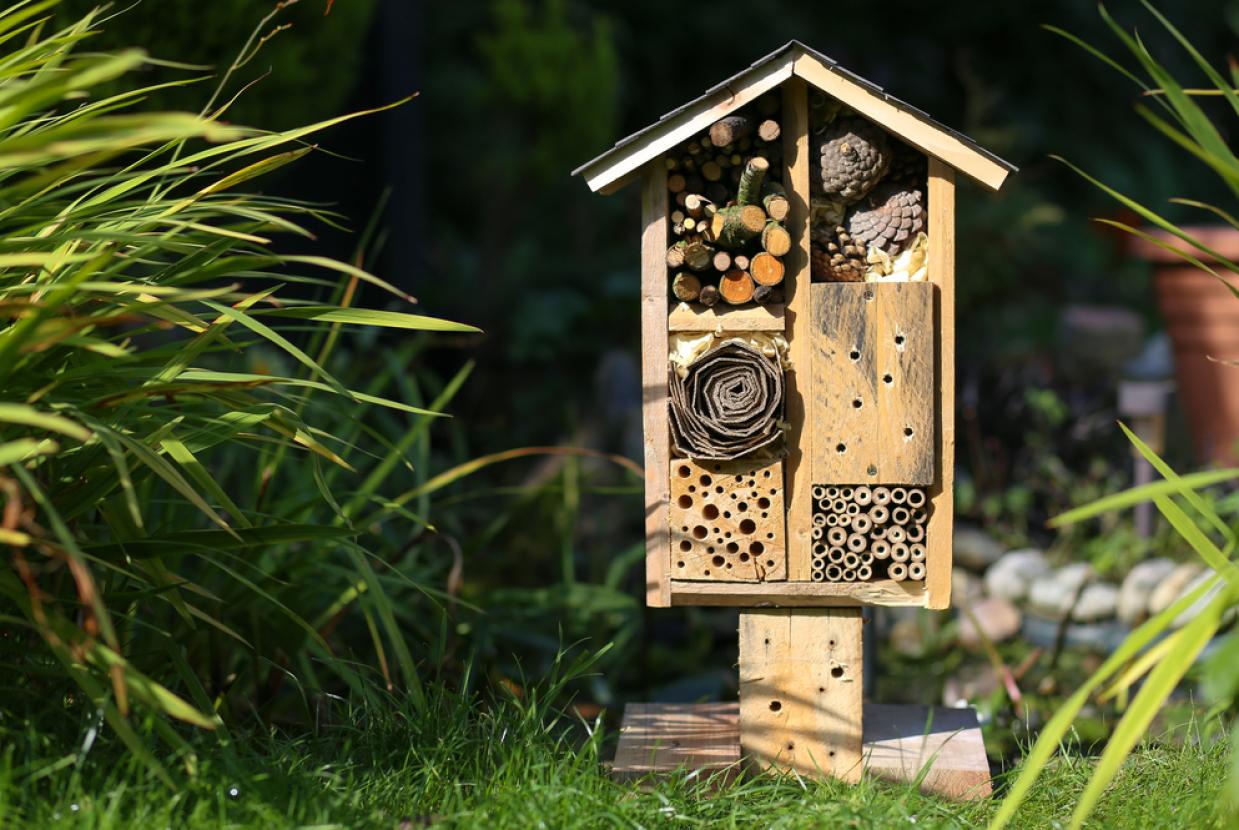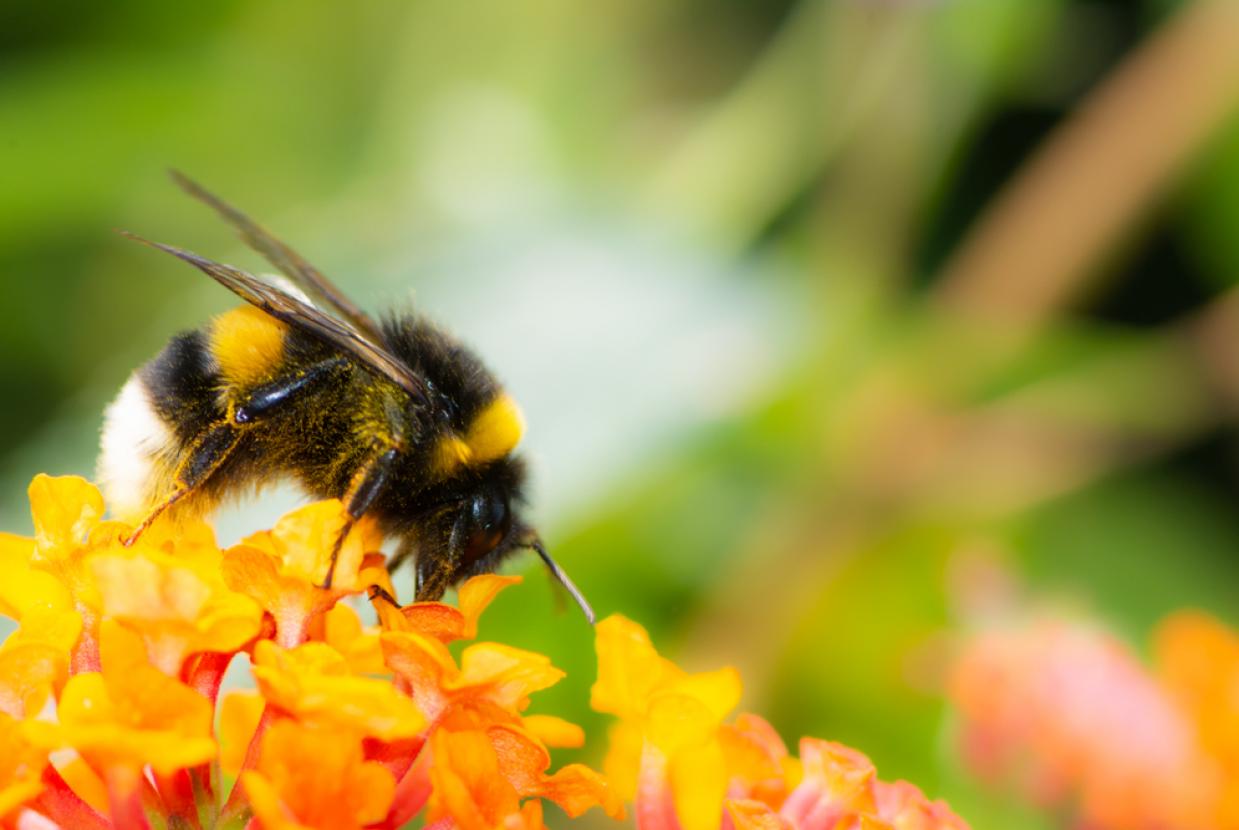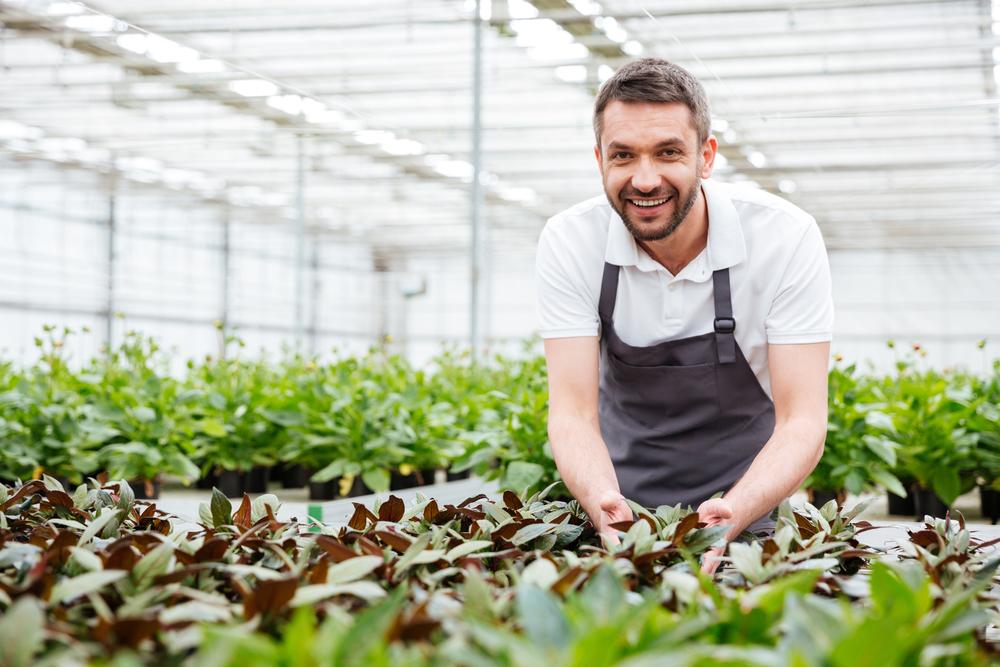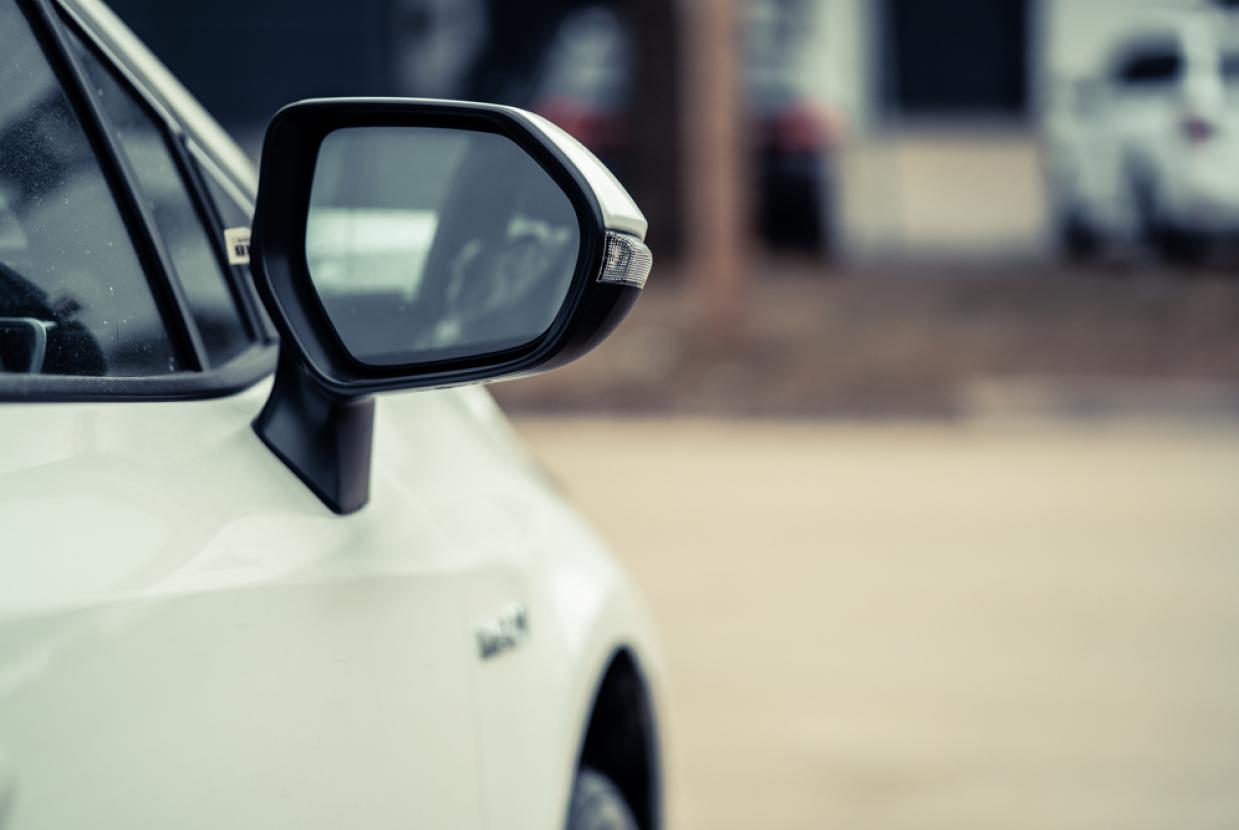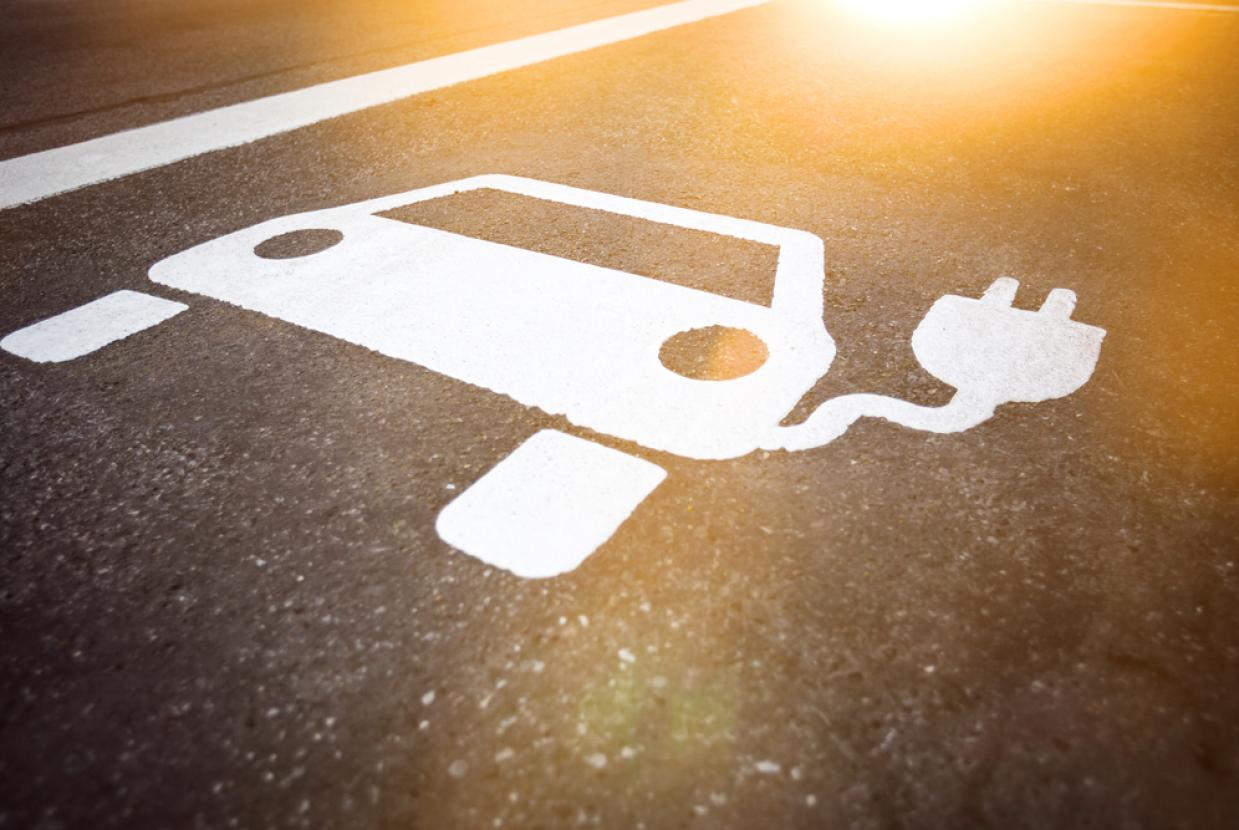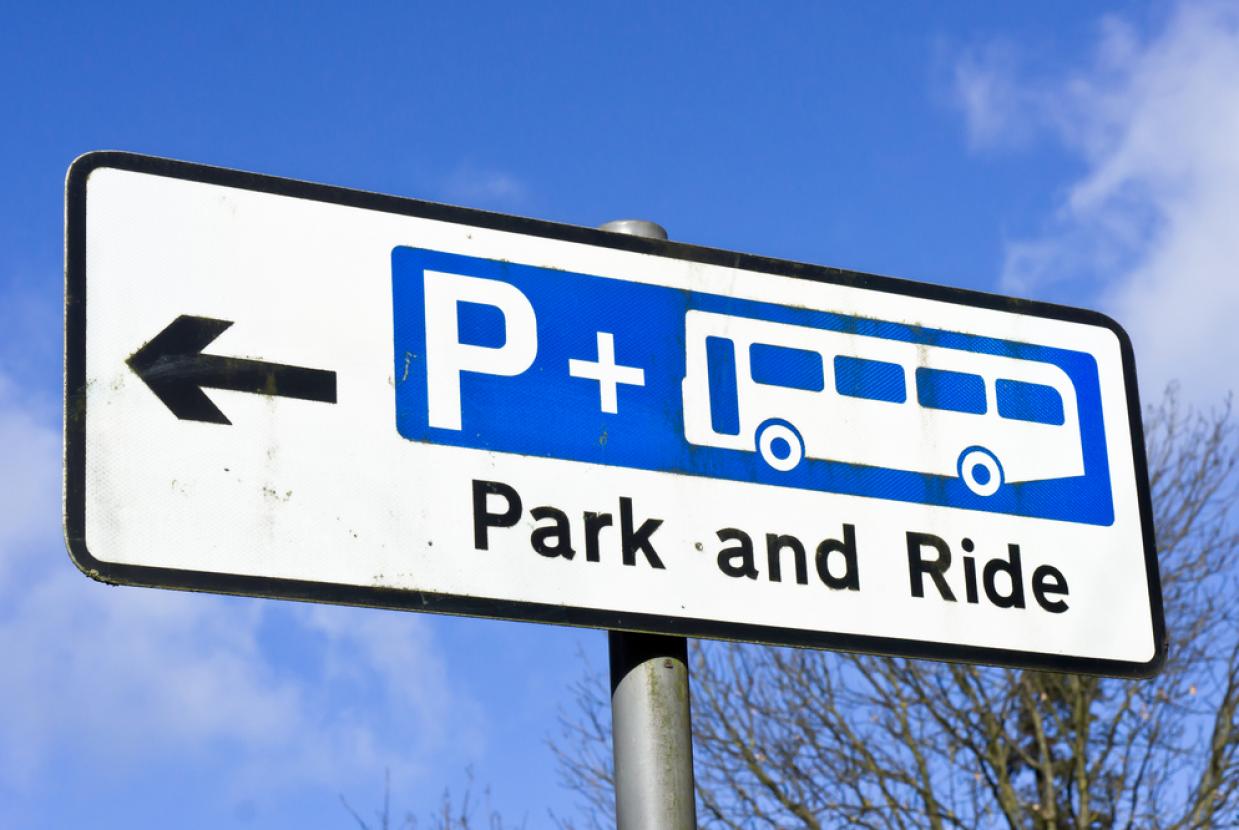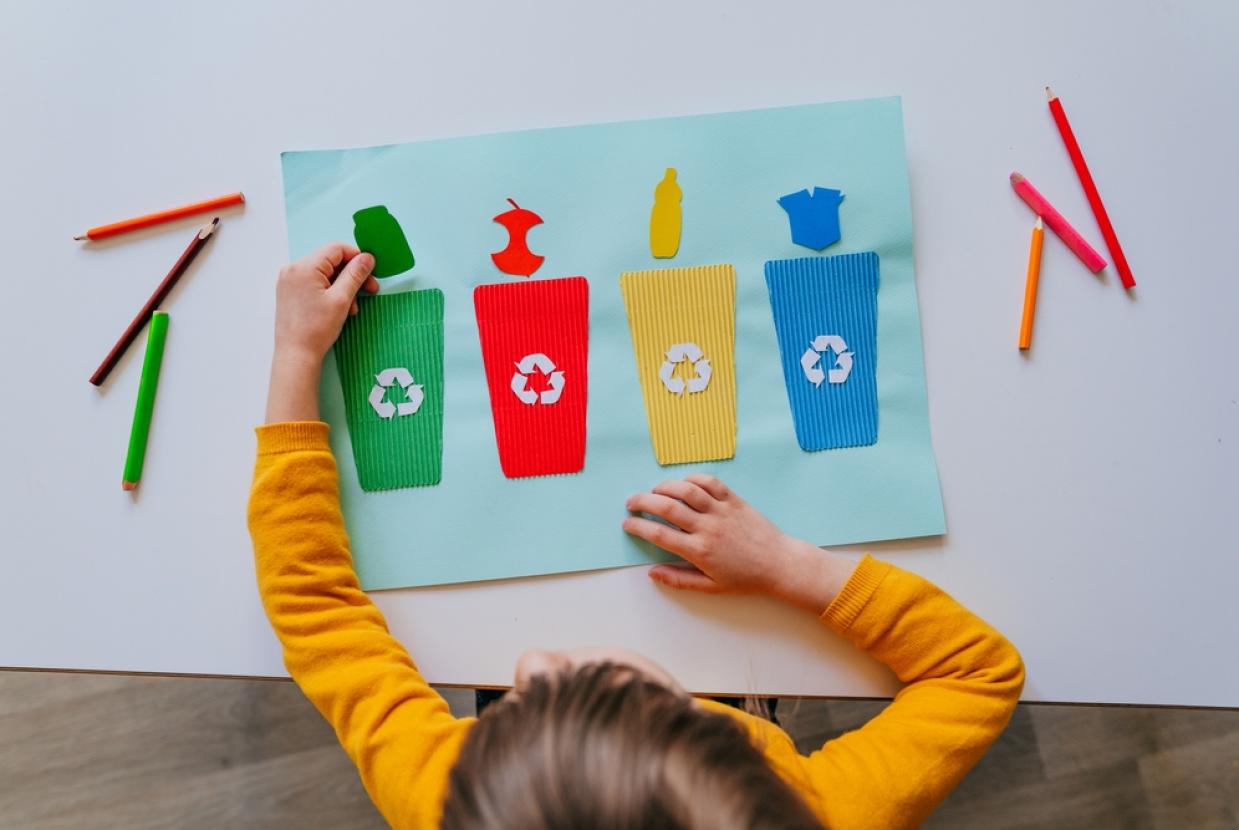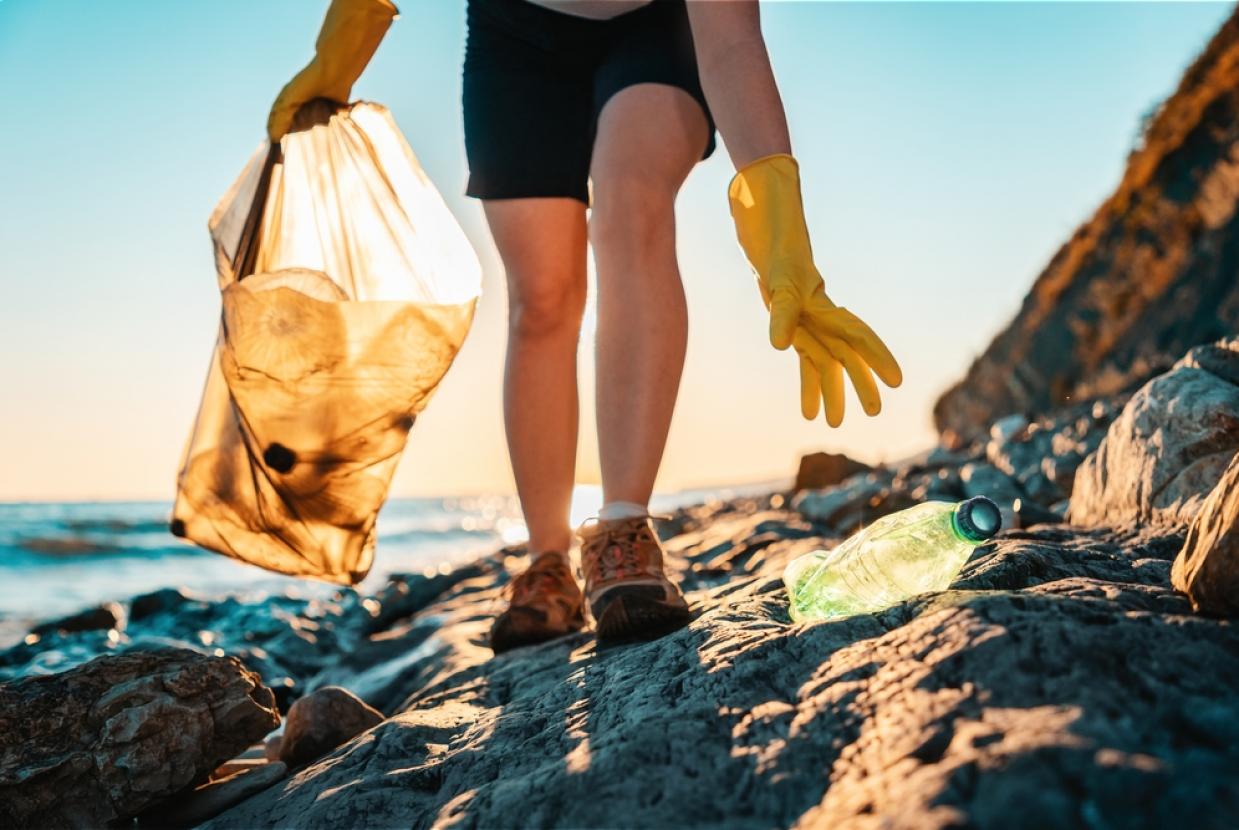Controlling Pests
Some pesticides contain chemicals that can harm people, wildlife and the environment. They can also be dangerous if not used responsibly. It is possible to have a healthy, flourishing garden when using pesticides only as a last resort.
Weed killer is not always needed
Before you buy pesticides, ask yourself whether they are really necessary. Does your lawn have to be absolutely free of daisies and dandelions? Can your borders tolerate a few weeds? Gardens don't have to be perfect to be healthy.
Try not using pesticides
These are a few ideas for controlling pests in your garden without using pesticides:
- you can pick slugs and other pests off plants by hand
- try pulling up weeds instead of using pesticides
- you can use beer traps to catch slugs
- covering young plants at night can protect them from pests
Use companion plants to deter pests
Companion plants can help keep some pests away from your prized flowers or vegetables. You don't need to use as many chemicals. Try:
- planting marigolds near vegetables – these can help keep greenfly and blackfly away
- planting garlic near roses – they can help ward off aphids
Visit the BBC Gardening website for more ideas on companion planting.
Encourage natural pest eaters
Just over a third of people with a garden say they compost garden or kitchen waste. Predators such as ladybirds eat pests, so they're great to have in the garden. Responsible use of pesticides can minimise the harm they can do to certain useful insects.
You can encourage ladybirds by planting a small patch of nettles or leaving some plant debris around for them to hibernate in.
Use pesticides with care
Pesticides should only be used as a last resort. However, if you find that you do need one, it's important that you use, store and dispose of it in the right way. Take advice from your garden centre or other retailer on the most suitable product.
When using pesticides:
- never pour unwanted pesticides down the drain - it's illegal and will contaminate water sources
- always read the label on the pesticide and follow the instructions carefully
- don't try to make the pesticide a bit stronger by using more than the instructions say - doing this could damage your garden
- always wash your hands once you've finished using the pesticide
- store any unused pesticides safely away from pets and children, making sure that the container is properly sealed
- your local council can tell you how you can safely dispose of pesticides where you live
- some pesticides are withdrawn from use, so if you're thinking of using a pesticide that was not recently bought, you can use the link below to check it's still approved for use
The wider issue
Although they are designed to kill pests and weeds, some pesticides can harm humans, wildlife and plants. They can also pollute water and poison aquatic life. It costs millions of pounds every year to remove pesticide residue from drinking water.


